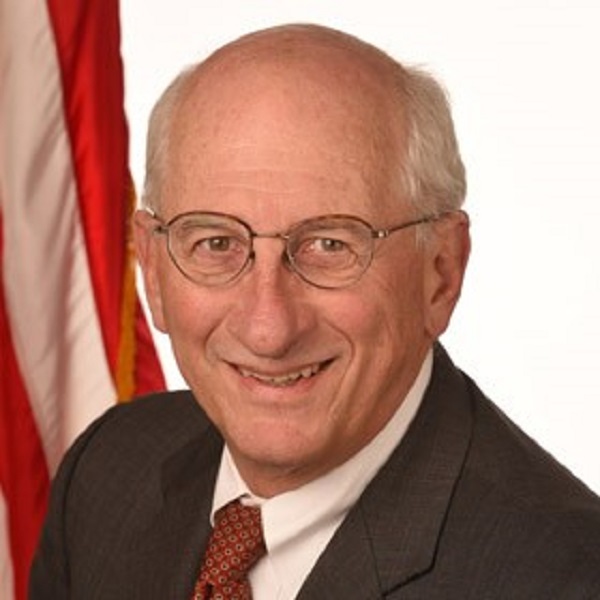Thomas Novotny Works on The White Paper Project
Thomas Novotny is currently a Professor Emeritus and Adjunct Professor at San Diego State University in Epidemiology and Biostatistics. Dr. Novotny graduated from the University of Nebraska with a degree in Zoology, and went straight into the Peace Corps in Western Samoa. He spent a year there building toilets, that being his first public health job. He then attended Medical School in Nebraska. He moved to California for his internship at Highland/Alameda County Hospital and completed his medical training in Santa Rosa at the UC San Francisco-affiliated residency in Family Practice. Dr. Novotny worked as a Family Physician in Northern California during 1979-84, and there he saw some of the first reported HIV and AIDS cases. This opened his eyes to the importance of public health for communities and the nation. He left clinical medicine in 1984 to join the Centers for Disease Control and Prevention as an Epidemic Intelligence Service officer in the US Public Health Service. He stayed with this career path for 23 years, saying it was the most exciting life that he could have ever imagined.

The second CDPH project Dr. Novotny is working on a longer-term effort to develop an economic model that describes both the direct costs of tobacco waste cleanup and its indirect costs to the environment. Direct costs are those which a community actually pays to clean up cigarette butts and other tobacco waste. For example, a minimal estimate of these costs for San Diego was $7 million dollars per year, whereas in Los Angeles the estimate is $19 million per year. Indirect costs are harder to quantify, but his team of environmental economists (Dr. Ron Shadbegian of SDSU’s Department of Economics, Dr. John Schneider of Avalon Economics, and Dr. Juleen Lam of California State University East Bay) are researching other environmental problems in order to apply those analyses to tobacco product waste impacts. These effects include degradation of beaches and neighborhoods and the contamination of other pristine environments. These losses could in turn reflect on tourism or quality of life issues and relate to environmental justice, since some communities are more impacted by tobacco product waste than are others.
These projects connect to other environmental research at SDSU that has focused on the harms of tobacco use. These include a clinical trial of unfiltered cigarettes led by Dr. Eyal Oren, numerous tobacco waste toxicity studies conducted in Dr. Eunha Hoh’s Environmental Health Laboratory, extensive research on third-hand smoke in indoor environments and a tobacco waste monitoring study led by Drs. Georg Matt and Lydia Greiner in the School of Sciences. SDSU is a growing center for scientific evidence development that can support novel tobacco policies here in California and elsewhere around the world.

